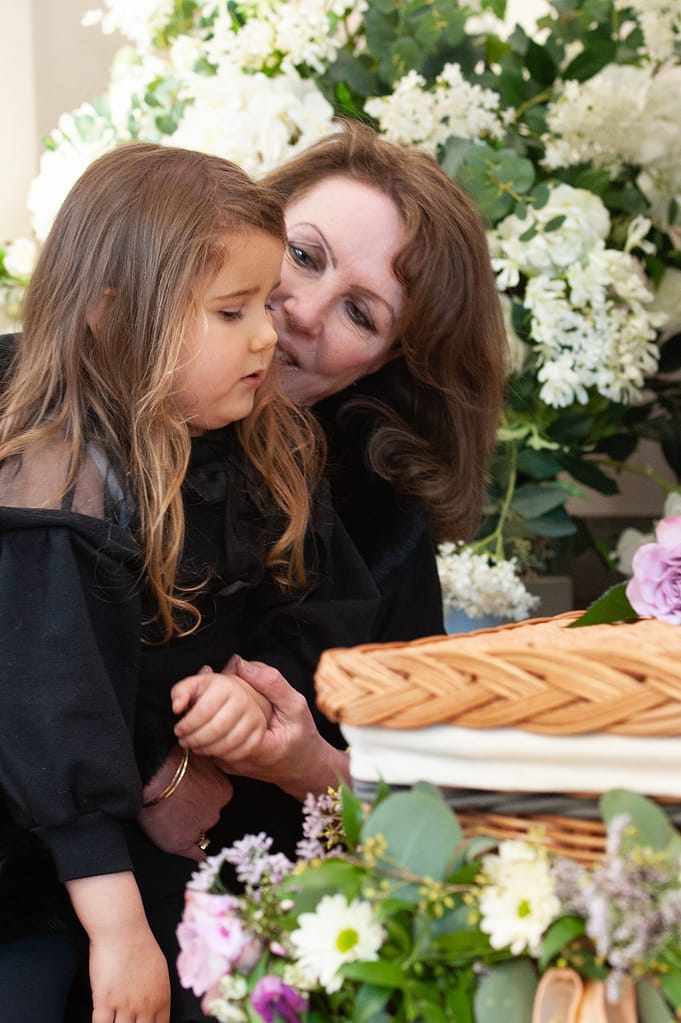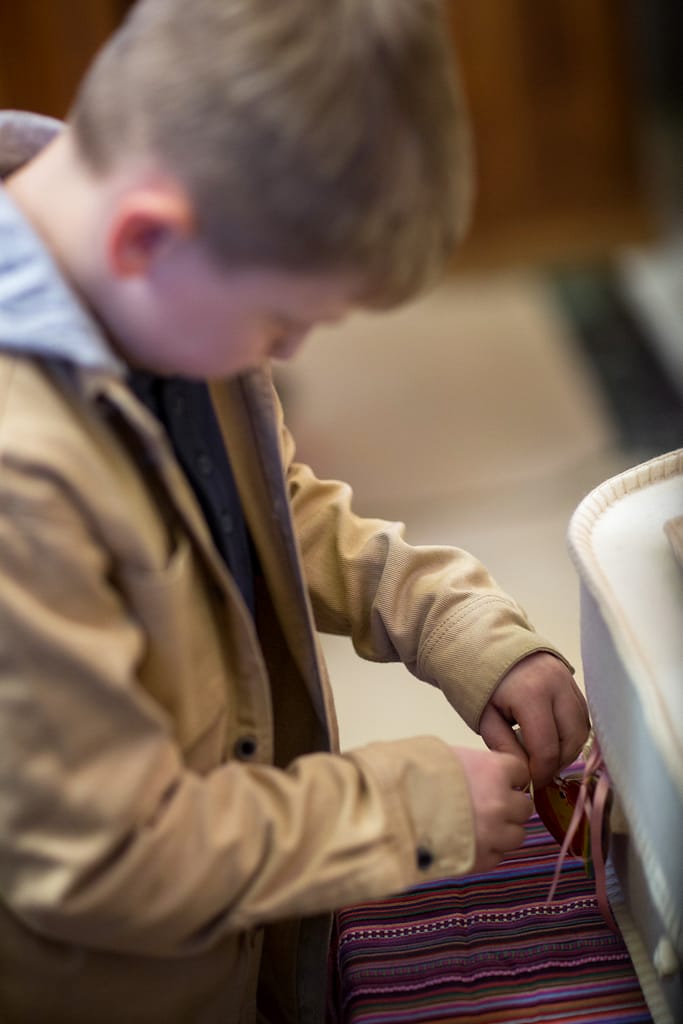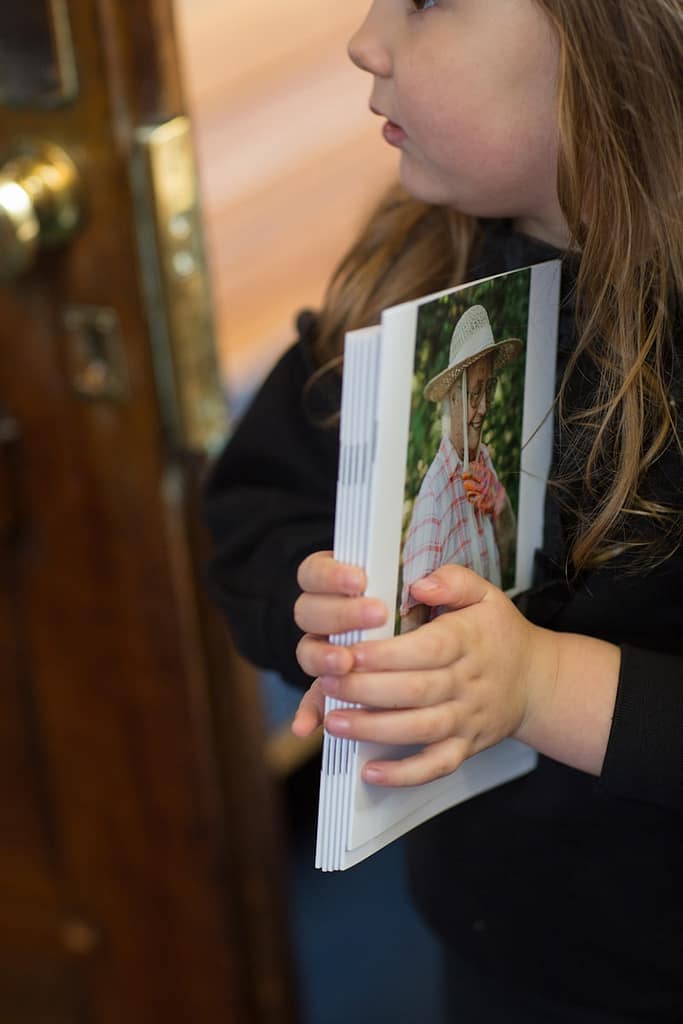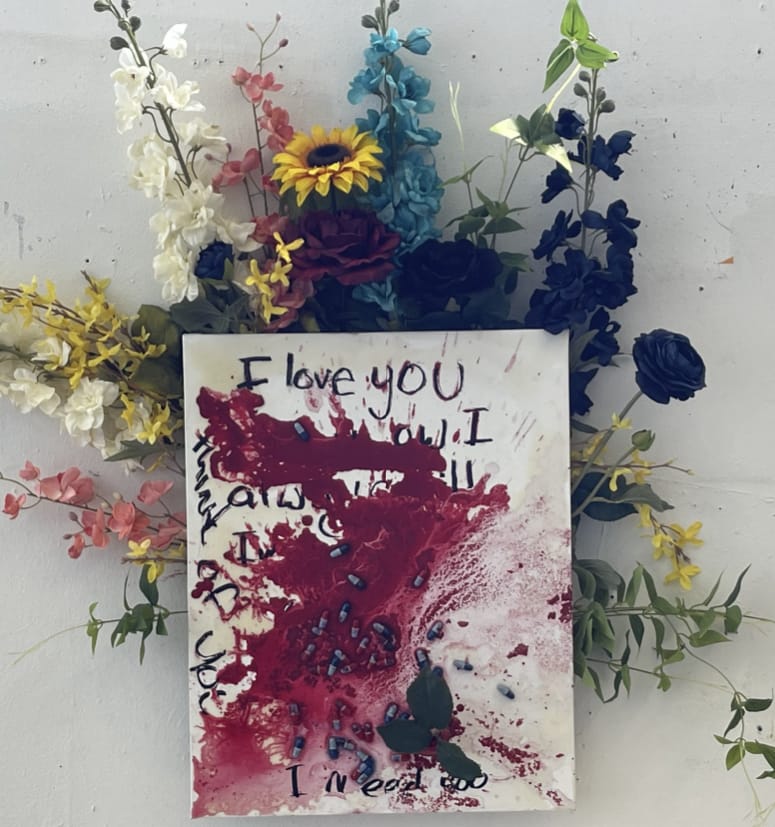The death of a loved one is a difficult time for everyone, but for children it can be especially confusing as their concept of death may not be fully formed. Parents and carers are then faced with trying to decide the best way to support their child in their grief.
I remember this terrible dilemma weighing heavily on my husband and I when my brother was killed in a cycling tragedy at the other end of the UK. With the support of grief advisors, we talked to our 6 and 8 year old in simple terms about what had happened and offered them the choice of coming with us “down South” to the formal funeral with his family, friends and work colleagues or saying their goodbyes later on at a smaller, ash ceremony closer to home. They chose to come with us to the ash ceremony to say their goodbyes to their uncle and we feel this what was right for them at the time. However, this might not have been the best choice if their age, or circumstances had been different.
If you’re asking, “Should I take my child to the funeral, or should they say goodbye in another way?” the decision can feel overwhelming, but the most important consideration is always the child’s wishes, alongside their age and emotional needs.
Including Children in Funerals
Being at a funeral can help children understand the concept of death, and gives them the chance to express their grief alongside their family. This experience can be a comforting and supportive way to start to come to terms with what has happened.
If your child chooses to attend, it helps to gently explain what to expect:
- Explain clearly and openly what a funeral is and what will happen – sometimes using photographs, storybooks or child-friendly, recommended cartoon videos can help.
- Offer the chance to take part without pressure for example, they could write something to be read, place a drawing on the coffin, or simply sit with family.
- Reassure them that they can change their mind, even at the last moment, and have a trusted adult that they can sit with who will explain what’s happening and can take them outside if they need a break.
- Ask your funeral celebrant for specific information, such as photographs of the relevant site, family room availability and arranging a visit to the venue ahead of time if this may be helpful to you and/or your child.



Alternatives if a Funeral Isn’t Right
You may decide that it’s not appropriate for your child to attend, or your child may not want to attend the funeral and that’s okay. What matters most is that they still have a chance to say goodbye in a way that feels right for them. Here are some alternatives:
- Arrange a private viewing of the funeral via a live webcast or ask for the funeral to be recorded to allow children to take part from the safety of home, perhaps watching only the parts they feel comfortable with, or saving it to show them when they feel ready to see it, or are older.
- Make something for their loved one, perhaps writing a letter, drawing a picture, making a bracelet or building something in their honour.
- Hold a goodbye ritual at home such as lighting a candle, reading a poem, or playing their loved one’s favourite song together.
- Create a memory box with photos, drawings, or personal items that remind them of happy times together or tell the story of their loved one’s life.
- Visit special places which might include the grave, but could also be a favourite park, or somewhere meaningful to share memories.



Supporting your Grieving Child
Every child will grieve differently, and the most important thing is to listen, support and reassure them with compassion. Here are a few ideas to bear in mind.
- Talk about feelings with your child and let them know there are no right or wrong emotions – sadness, anger, confusion and even laughter are natural.
- Avoid euphemisms like “gone to sleep” or “loss” that can cause upset and confusion and use honest, simple words such as “died” and “death.”
- Be patient with difficult questions such as “When are they coming back?” or “Where do people go when they die?” and if this happens, try to give honest, simple answers. You may find yourself repeating this several times as your child gradually comes to terms with the permanence of death. (more advice here.)
Support and resources for parents and carers supporting grieving children is available through your GP practice, as well as through many charitable organisations, including Cruse Bereavement Support, Grief Encounter, Winston’s Wish and Child Bereavement UK which has helpful video tips for parents.
*Photos of children at funerals from: The Good Funeral Guide.